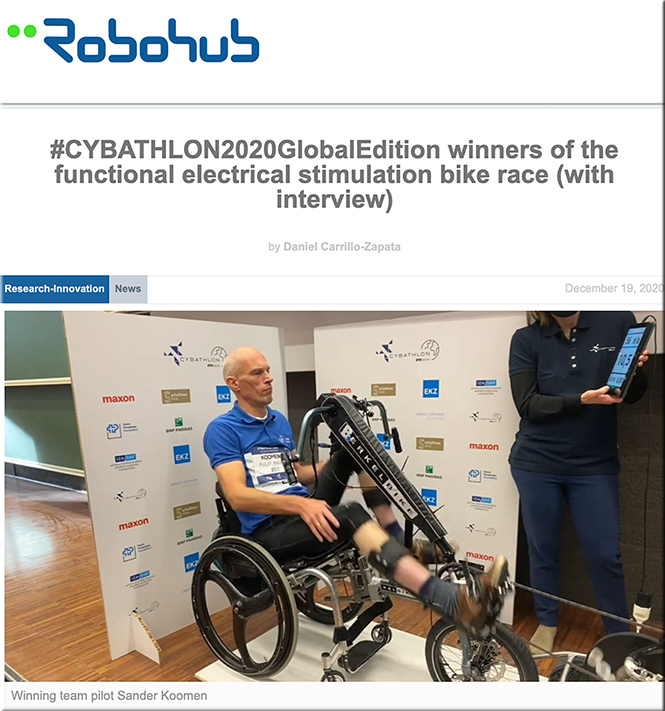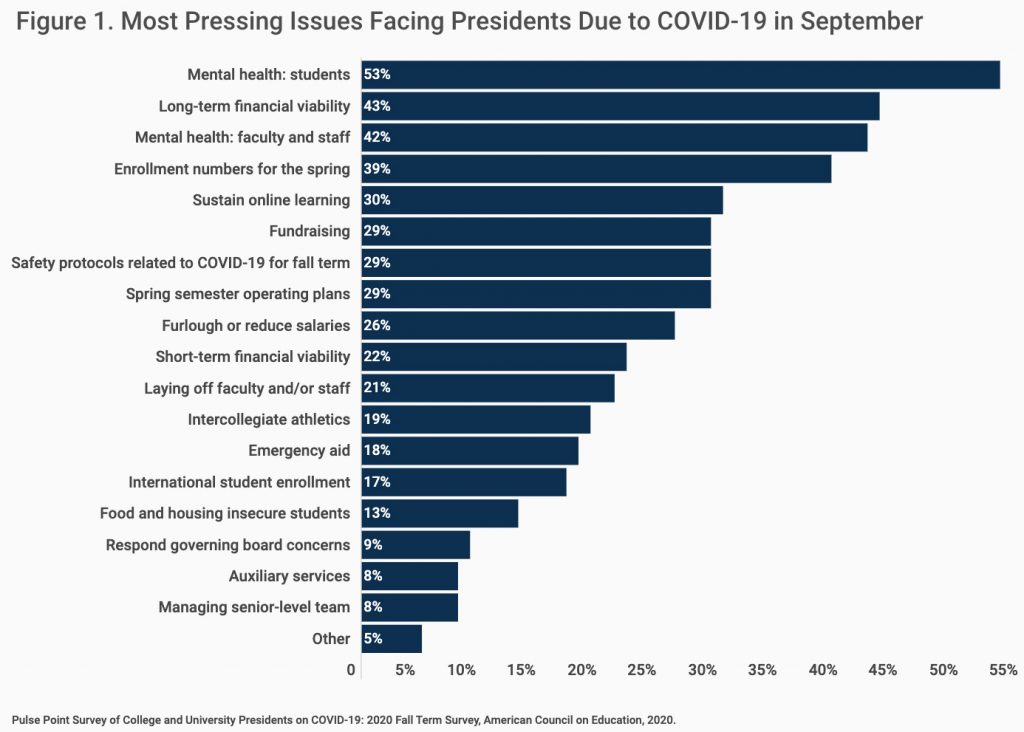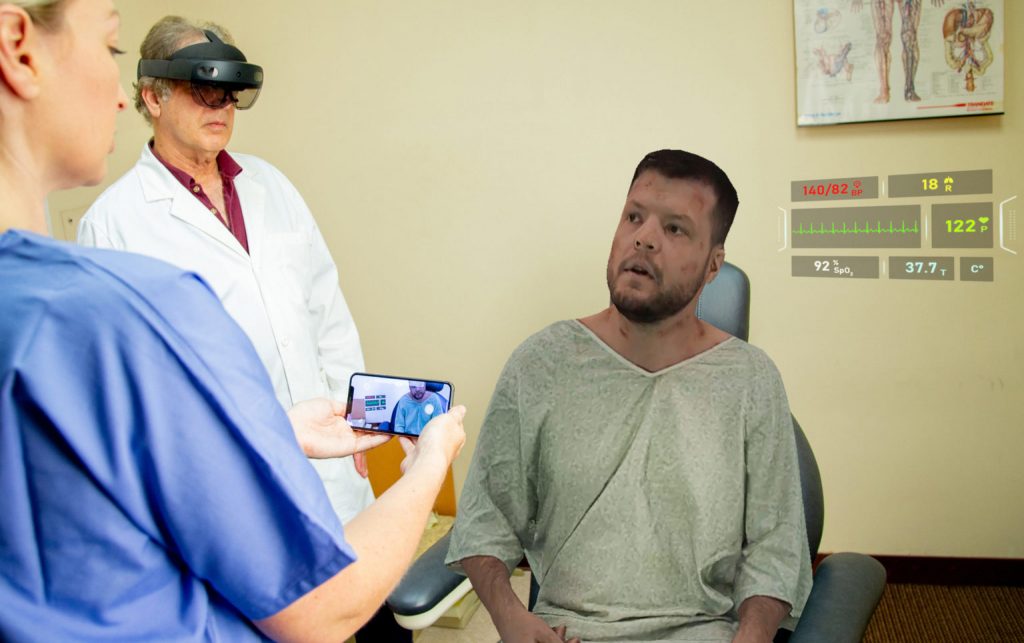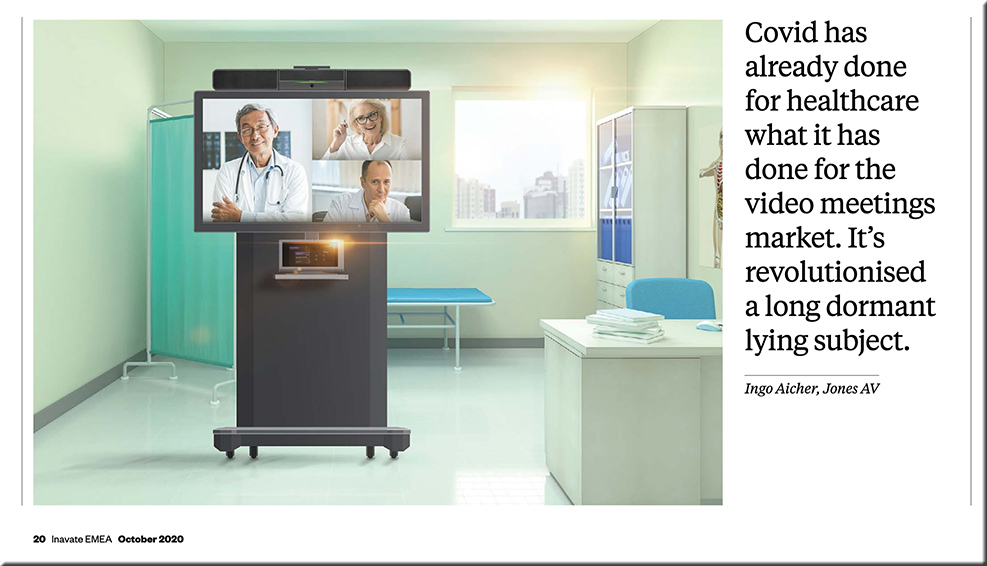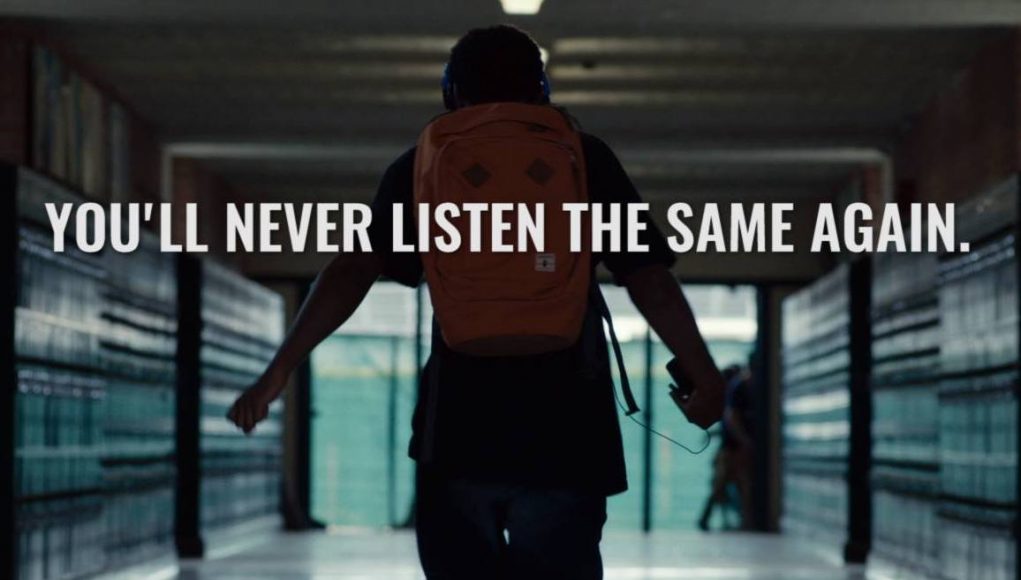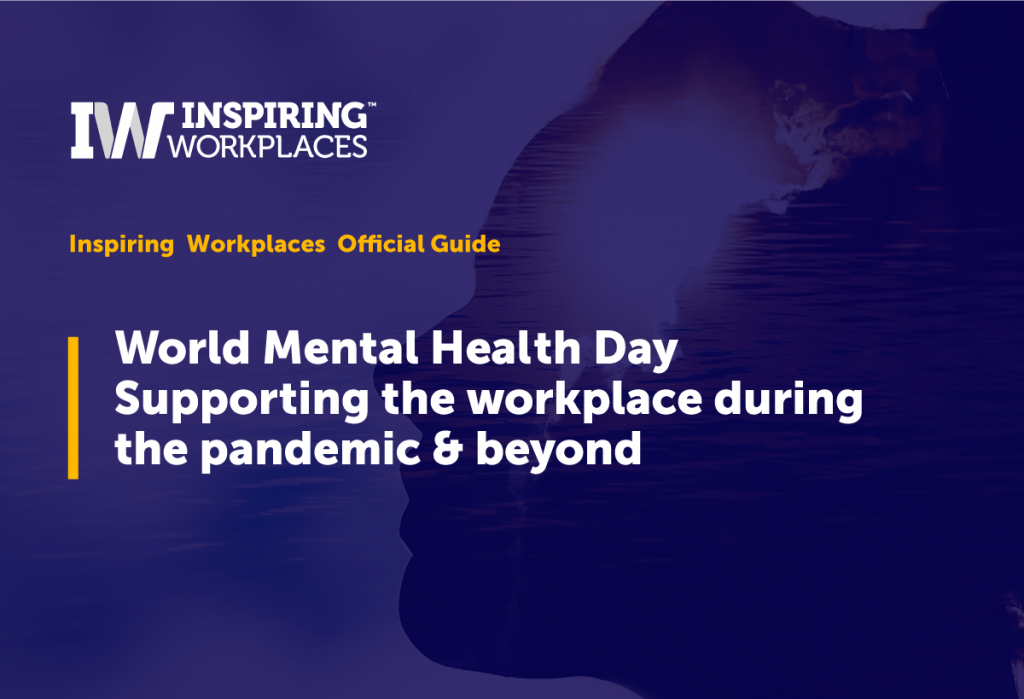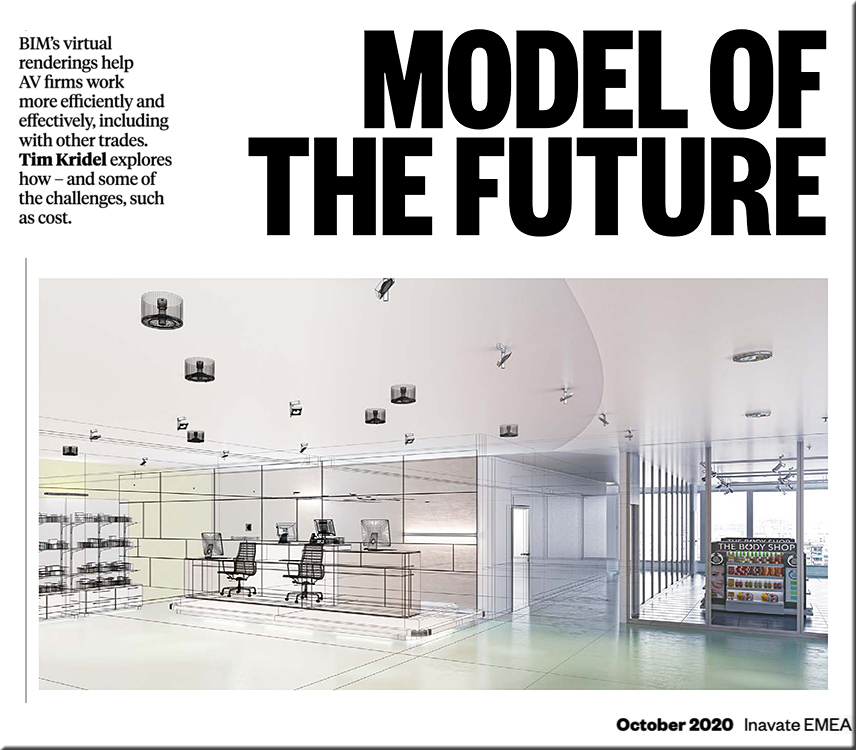Musical Mentors collaborative mobilizes and expands in response to pandemic — with thanks to Bristol Jones for this resource/information
Organization connects musicians in need of work with students lacking access to music instruction
(Emphasis below from DSC)
New York, NY — November 12, 2020 — Musical Mentors Collaborative (“MMC”), which provides free private music instruction and instruments to students who would not otherwise have access, announced today its Winter Gala to benefit the 1:1 Music Fund which will enable the organization to provide 10,000 more lessons in the years to come.
MMC was founded in 2009 as a partnership between Columbia University students and PS 145, a neighboring elementary school in Morningside Heights, and incorporated as a 501(c)(3) non-profit in New York State in 2011. Since 2009, MMC’s university chapters have provided over 7,500 lessons to more than 450 students in the United States.
The onset of the COVID-19 pandemic in early 2020 caused dramatic and painful changes in the musical community. Many performing arts institutions were forced to close indefinitely, and many talented musicians found themselves out of work.
In response, MMC launched a teaching fellowship in early April to pay professional musicians to teach one-on-one virtual lessons to students without access to private instruction. Teachers include members of the Metropolitan Opera Orchestra, the New York Philharmonic Orchestra, as well as collaborators of Herbie Hancock, Lauryn Hill, and others. The organization has since onboarded over 35 teaching artists and nearly 200 students. Since the onset of the pandemic, MMC has paid more than $150,000 to its Teaching Fellows and shipped over $30,000 worth of instruments to students, collectively in support of over 1,300 virtual lessons.
“We are inspired by the response from the musical community, and immensely grateful for the support musicians have shown MMC students. These students represent our musical future and would otherwise lack access to the instruction and mentorship they deserve,” said Zack Susel, Co-Founder and Executive Director of MMC. “We are excited to announce our Winter Gala in support of our 1:1 Music Fund, through which we aim to provide 10,000 more private lessons in the coming years.”
In support of its growth and response to the pandemic, MMC has recruited 12 Grandmentors to lead pedagogical development, including GRAMMY® award winning pianist Emmanuel Ax, and Tony® award winning composer Jeanine Tesori, social work experts, and faculty from The Juilliard School and Curtis Institute of Music.
About Musical Mentors Collaborative
Musical Mentors Collaborative connects musicians with underserved students around the country. Since launching in 2009, MMC has taught over 8,800 free private lessons across instruments and genres, furthering their goal to support young musicians through one-on-one instruction. MMC operates chapters at universities across the United States, and mobilizes professional musicians through their selective Teaching Fellowship.
For more information, visit www.musical–mentors.org. | Instagram | Twitter
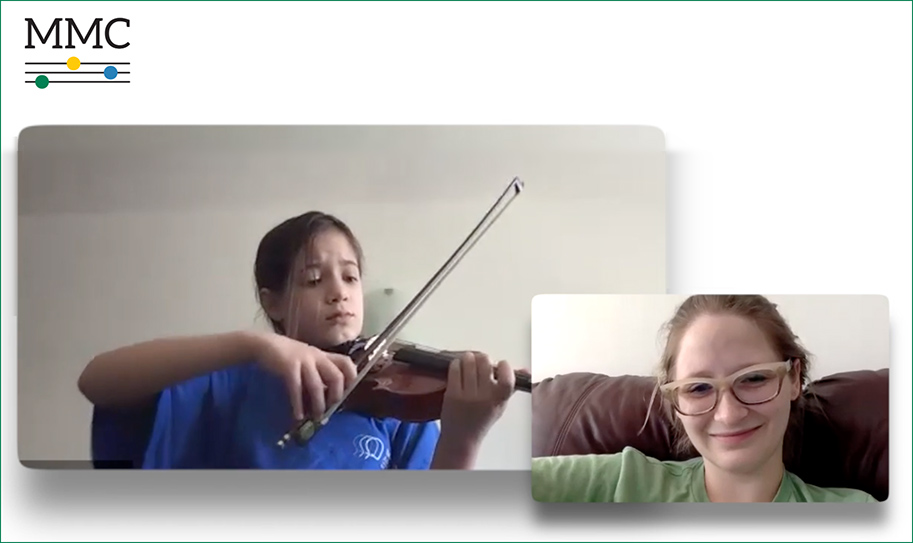
Also see:











